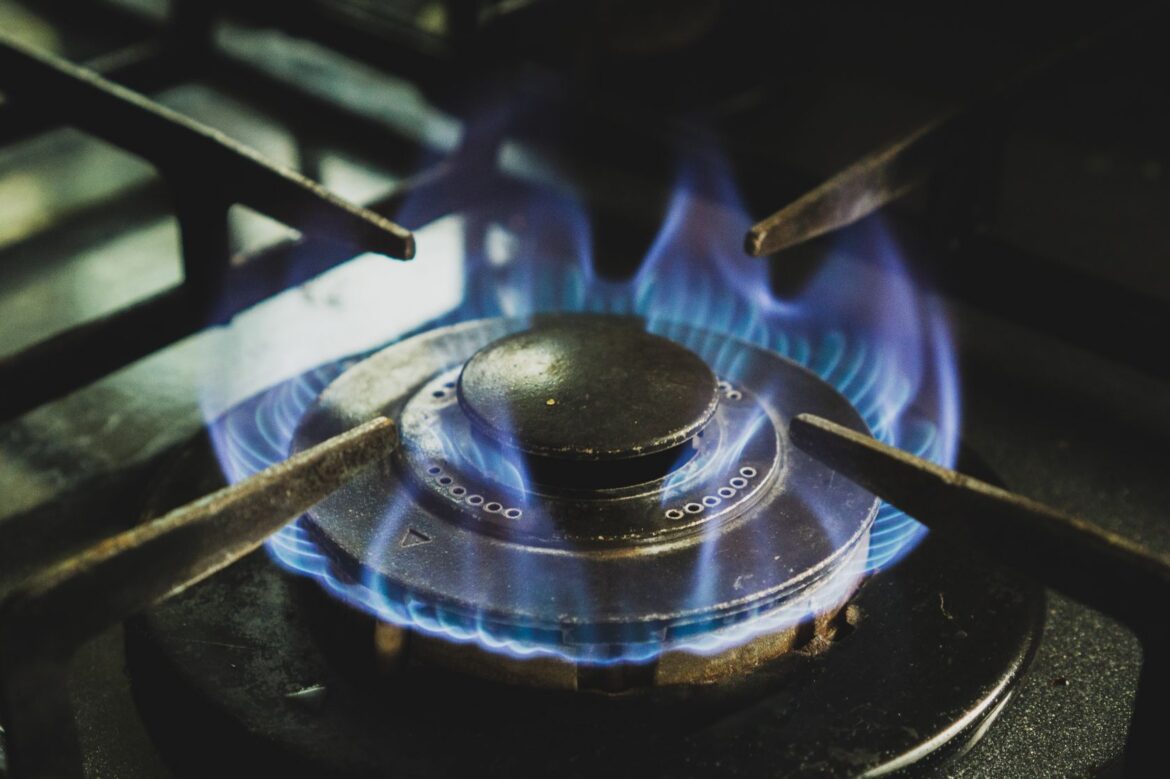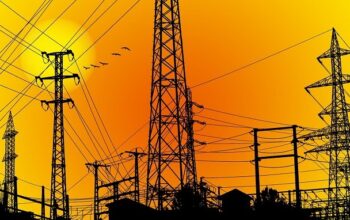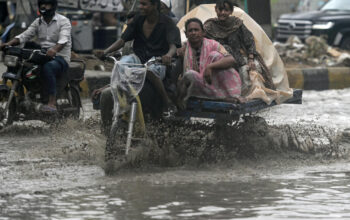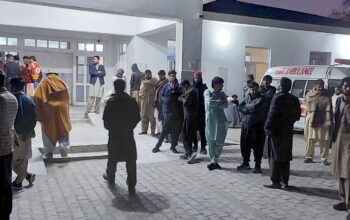By Staff Reporter
ISLAMABAD: Pakistan has increased fixed gas charges for households by as much as 50% to bolster revenue and comply with International Monetary Fund conditions, a move aimed at stabilising its beleaguered energy sector while sparing domestic tariff hikes.
The Oil and Gas Regulatory Authority announced the changes Sunday, following a Friday nod from the federal cabinet’s Economic Coordination Committee. For low-income “protected” consumers, monthly fees rise to Rs600 from Rs400. Non-protected households will pay Rs1,500, up from Rs1,000, while heavy users, exceeding 1.5 cubic hectometers, face a jump to Rs3,000 from Rs2,000.
Gas prices themselves remain unchanged for homes, tandoors, commercial units, CNG stations, and ice factories, Ogra said. Industrial users, power stations, and independent producers, however, will see higher tariffs.
Friday’s ECC meeting greenlit this revised pricing structure, opting to keep household gas tariffs steady while tweaking fixed charges to offset asset costs for the gas companies.
By hiking fixed charges, the government aims to ease fiscal pressure and ensure SNGPL and SSGCL can cover their operational and investment needs.
“The federal government, in response to Ogra’s determinations of SNGPL [Sui Northern Gas Pipelines Limited] and SSGCL [Sui Southern Gas Company Limited] of estimated revenue requirement for FY 2025-26, has advised revised category-wise natural gas sales effective July 01, 2025,” Ogra notification said.
The hikes target a 890 billion rupee ($3.2 billion) revenue goal for fiscal 2025-26, split between state-owned Sui Northern Gas Pipelines Ltd. and Sui Southern Gas Co. Ogra had proposed a 6.6% price increase, but the government leaned on fixed fees to avoid broader consumer backlash.
For SSGCL, the Karachi-based utility, Ogra pegged the average revenue need at Rs354 billion, setting its prescribed price at Rs1,659 per million British thermal unit (mmBtu), down slightly from Rs1,762 per mmBtu in the current year.
The decision dovetails with IMF benchmarks, including tariff rationalization for captive power and a shift from cross-subsidies to direct aid for the poor. Under Ogra rules, final consumer prices must be set within 40 days of the regulator’s call.
Even with flat tariffs, the fee increases may pinch households already squeezed by energy costs. Pakistan’s energy sector, hobbled by inefficiencies and circular debt, is a linchpin of its IMF-backed reforms.
Copyright © 2021 Independent Pakistan | All rights reserved




